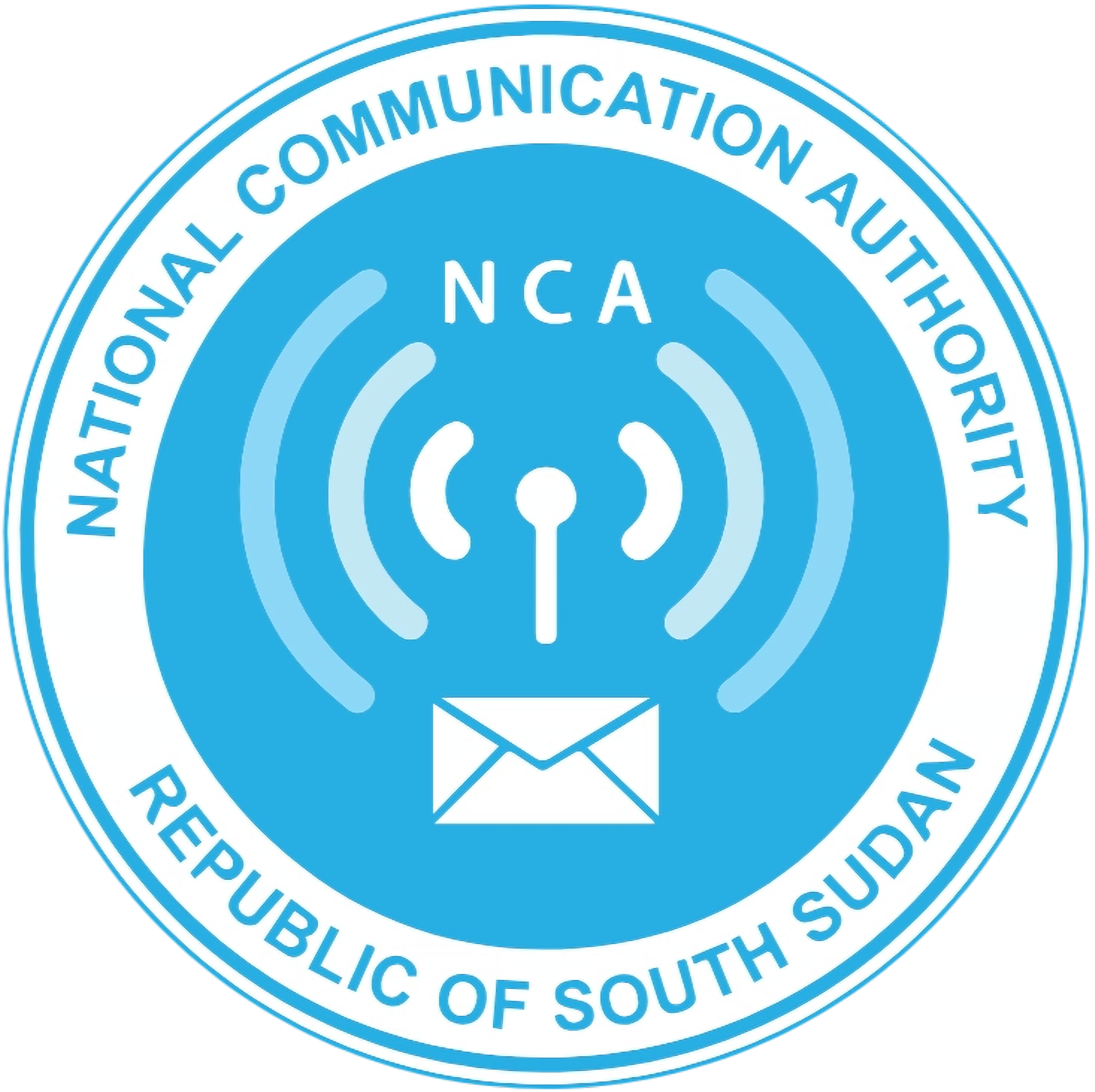NCA EMBARKS ON MAJOR STEPS TO STRENTHEN NATIONAL CYBER RESILIENCE
- NCA Communications
- Nov 7, 2025
- 3 min read
South Sudan’s digital growth has accelerated in recent years with more people getting online, more institutions offering digital services and the country slowly joining the global digital economy. But with this progress comes a new challenge, the cyber threats that are growing just as fast.
In response, The National Communication Authority (NCA) through the South Sudan Computer Incident Response Team “SS-CIRT” recently took the initiative to gather major players from across the country to confront these rising threats. Stakeholders from Telecom and ISP operators, government ministries, judiciary and law enforcement agencies met at the telecom house in Gumbo under the theme “ Safeguarding Our Digital Growth” to discuss how the country can better protect it’s citizens online.
At the center of the meeting was the National Cyber Incident Management Framework, a national guide outlining how institutions should communicate, respond and support each other when cyber incidents occur. Speaking during this engagement, the Director for Technical Services at NCA, Patrick Okwaci Nyilek, highlighted the growing need for coordinated reporting, collaboration and information-sharing across institutions. He noted that cyber incidents are increasing in scale and complexity, requiring a structured national response
What made the gathering particularly significant was the shared recognition that cybersecurity is no longer an isolated responsibility. Participants spoke about the need for stronger reporting, more transparency and consistent cooperation across sectors. “The resolution on mandatory reporting is crucial as it closes the gap between the initial breach and the police investigation, ensuring we can trace criminal activity and prosecute offenders who threaten our critical infrastructure.” said Machel Alith, Chief of Communication at South Sudan Police Service. This timely intelligence will effectively tackle cybercrimes for law enforcements, he added.
The meeting further highlighted the need for routine information-sharing and national cyber drills practical steps that will help institutions strengthen their readiness before real threats arise. Vukeni Innocent, the Assistant Director for CIRT emphasized that the structure is now in place and the focus must shift to execution. He noted that The SS-CIRT now has a clear mandate to be the national hub for all cyber incident coordination.
The meeting was successful in establishing a shared coordination model and resulted in the adoption of the following key resolutions,
· Central coordination
· Mandatory Reporting
· Non Compliance
· National Visibility
· Proactive Readiness
· Clear roles for all institutions.
These resolutions represent a strong foundation for the country’s journey towards building a safer digital society where institutions work together, threats are detected early and the nation’s growing digital economy is protected.
From Policy to Practice: The Cyber Clinic Outreach at Juba University
Following the policy making session, the SS-CIRT immediately executed it’s commitment to grassroot outreach targeting the most exposed population by hosting a one day interactive University Cyber Clinic and Outreach event at the University of Juba with Science students specifically Cybersecurity department as part of the recent Cyber Awareness Week 2025.
With digital adoption skyrocketing among South Sudan's youth for everything from education to mobile money payments, the need to address common risks like social media hacks, phishing and fraud has become paramount especially among the students being the high risk demographic due to their reliance on digital platforms for education and finance.
This vital and timely event focused on equipping students with practical knowledge to enhance their digital security as the our CIRT expert team provided them with hands-on workshops with demonstrations on essential cyber hygiene practices, including the creation of strong, unique passwords and the configuration of Multi-Factor Authentication (MFA) across devices to better protect them from online fraud.
The Interactive sessions allowed students to engage in phishing awareness gaming and participate in live quizzes, while also receiving personalized device safety checks and configuration guidance from experts. The event successfully established incident reporting pathways and laid the groundwork for the creation of youth cyber ambassadors across various campuses, fostering a culture of digital responsibility within the academic community.
This establishment of the unified national defense structure and empowering our youth with practical skills is a profound investment in the country’s digital safety, NCA urges every stakeholder to internalize the new framework resolutions and every citizen to apply the cyber hygiene skills learned.



